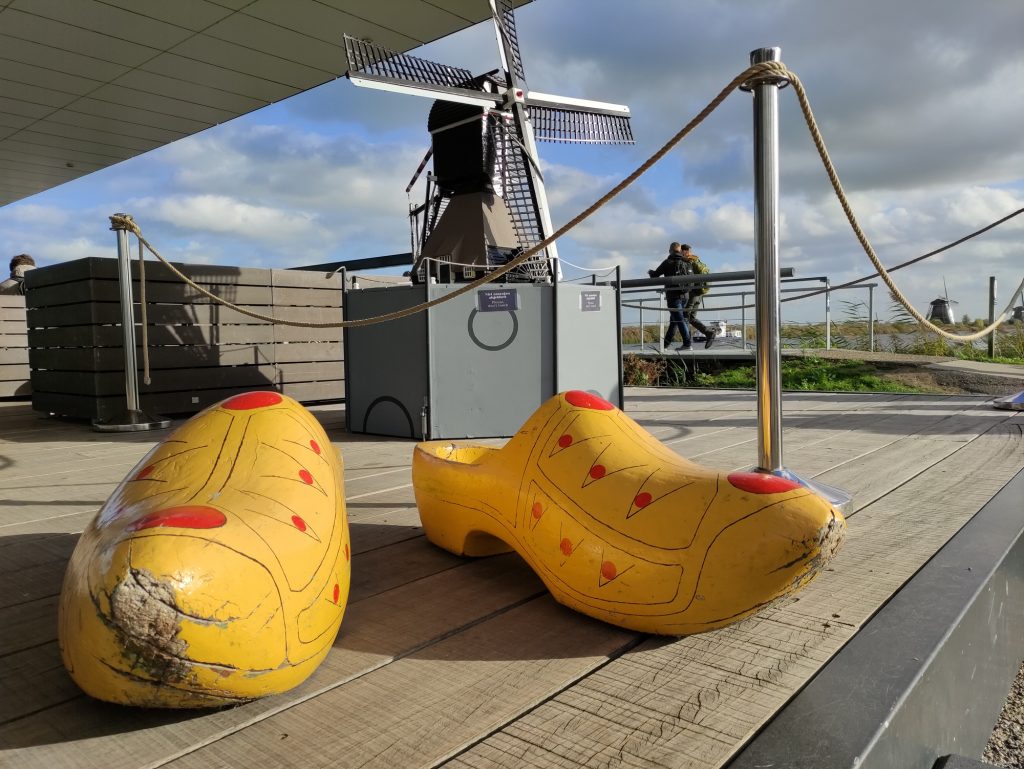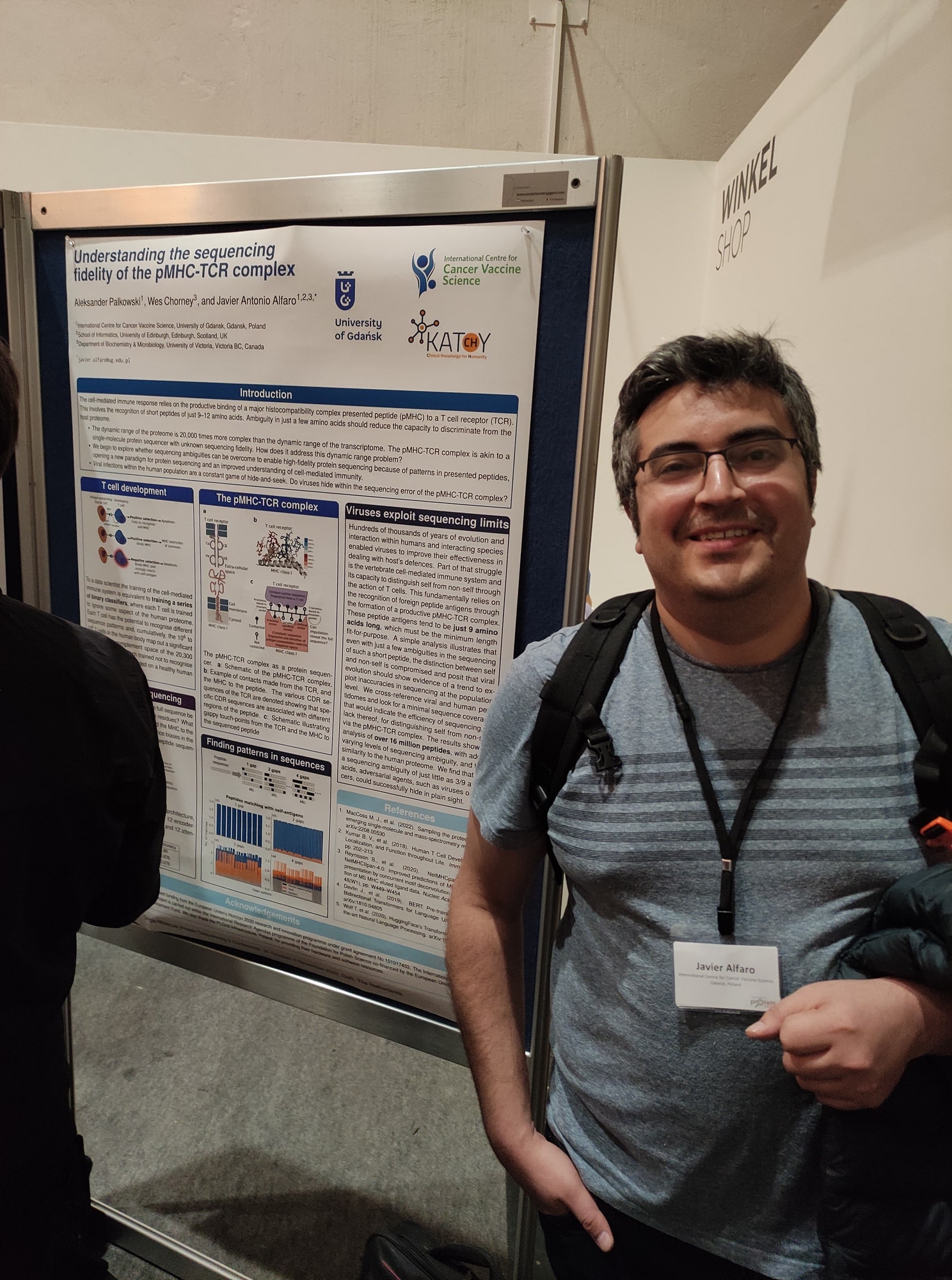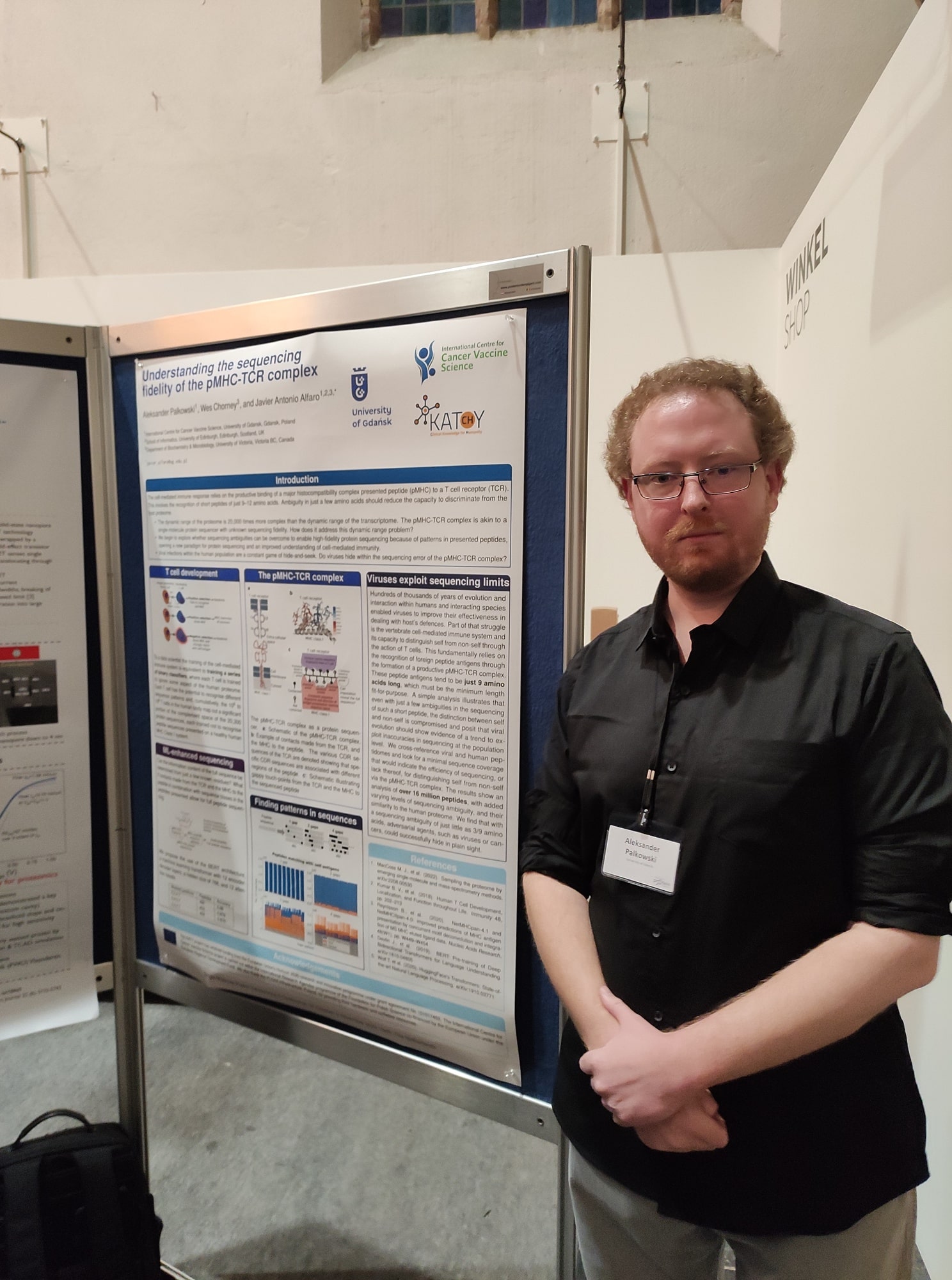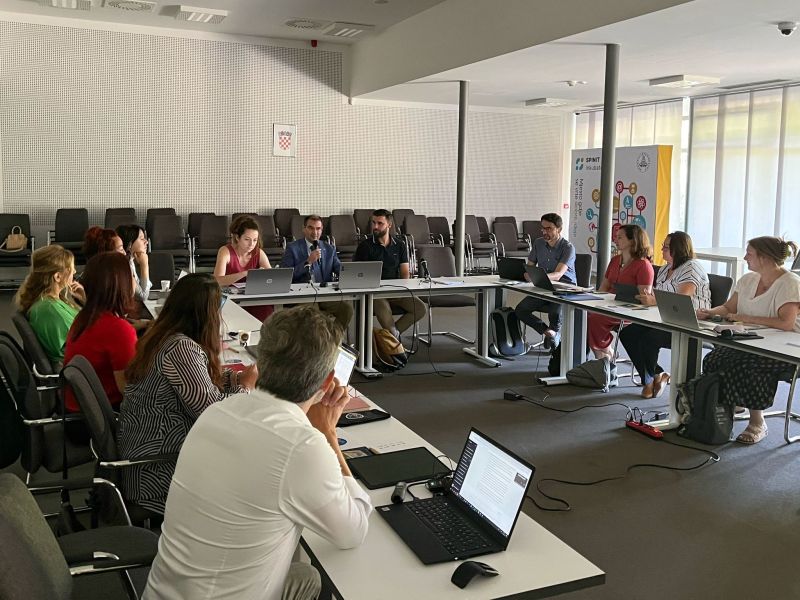 The new project ERA SHUTTLE – Accelerating ERA by Sharing Unique Talents for healThy Life and Environment has started in September. Its implementation was launched at the Kick-Off meeting held in wonderful Split in Croatia. The meeting has been opened by prof. Igor Jerković, Vice-Rector for Science and Quality at the University of Split. We were delighted to join this meeting as leader of the UG project team (Izabela Raszczyk) and project manager at UG (Dominika Butkiewicz). Eight Project Partners from Croatia, Malta, Germany, Netherlands, Italy and Poland met to plan, discuss and learn in order to realise all activities with success and satisfaction. ICCVS is one of the participating partners responsible for several tasks connected to capacity building and knowledge transfer, training for research talents and administrative staff. The project is financed by the European Union in the frame of HORIZON Coordination and Support Actions. The financing granted from Horizon Europe to the consortium amounts to 3 million EUR, over 500 000 EUR is dedicated to ICCVS UG tasks.
The new project ERA SHUTTLE – Accelerating ERA by Sharing Unique Talents for healThy Life and Environment has started in September. Its implementation was launched at the Kick-Off meeting held in wonderful Split in Croatia. The meeting has been opened by prof. Igor Jerković, Vice-Rector for Science and Quality at the University of Split. We were delighted to join this meeting as leader of the UG project team (Izabela Raszczyk) and project manager at UG (Dominika Butkiewicz). Eight Project Partners from Croatia, Malta, Germany, Netherlands, Italy and Poland met to plan, discuss and learn in order to realise all activities with success and satisfaction. ICCVS is one of the participating partners responsible for several tasks connected to capacity building and knowledge transfer, training for research talents and administrative staff. The project is financed by the European Union in the frame of HORIZON Coordination and Support Actions. The financing granted from Horizon Europe to the consortium amounts to 3 million EUR, over 500 000 EUR is dedicated to ICCVS UG tasks.
Stay tuned for news about the upcoming activities and results of the project!
A very interesting workshop is coming this November …
Dominika Butkiewicz & Izabela Raszczyk


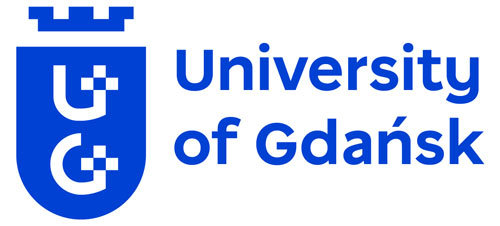

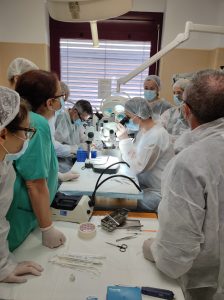
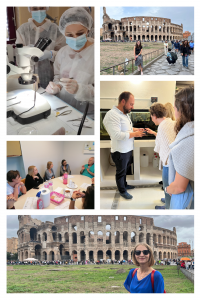

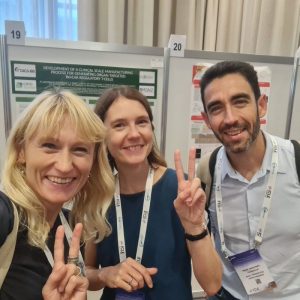 4th International Conference on Lymphocyte Engineering, gathered together the world’s innovators in immune-gene therapy in Munich, Germany on 12-14 September 2023. Professor Natalia Marek-Trzonkowska form ICCVS took part in this interesting scientific event. She had great opportunity to refresh friendships and cooperation networks. With Anke Fuchs (Technical University of Dresden) and Marc Martinez- Llordella (Quell Therapeutics)- three members of the “Action to Focus and Accelerate Cell-based Tolerance-inducing Therapies” (COST Action).
4th International Conference on Lymphocyte Engineering, gathered together the world’s innovators in immune-gene therapy in Munich, Germany on 12-14 September 2023. Professor Natalia Marek-Trzonkowska form ICCVS took part in this interesting scientific event. She had great opportunity to refresh friendships and cooperation networks. With Anke Fuchs (Technical University of Dresden) and Marc Martinez- Llordella (Quell Therapeutics)- three members of the “Action to Focus and Accelerate Cell-based Tolerance-inducing Therapies” (COST Action).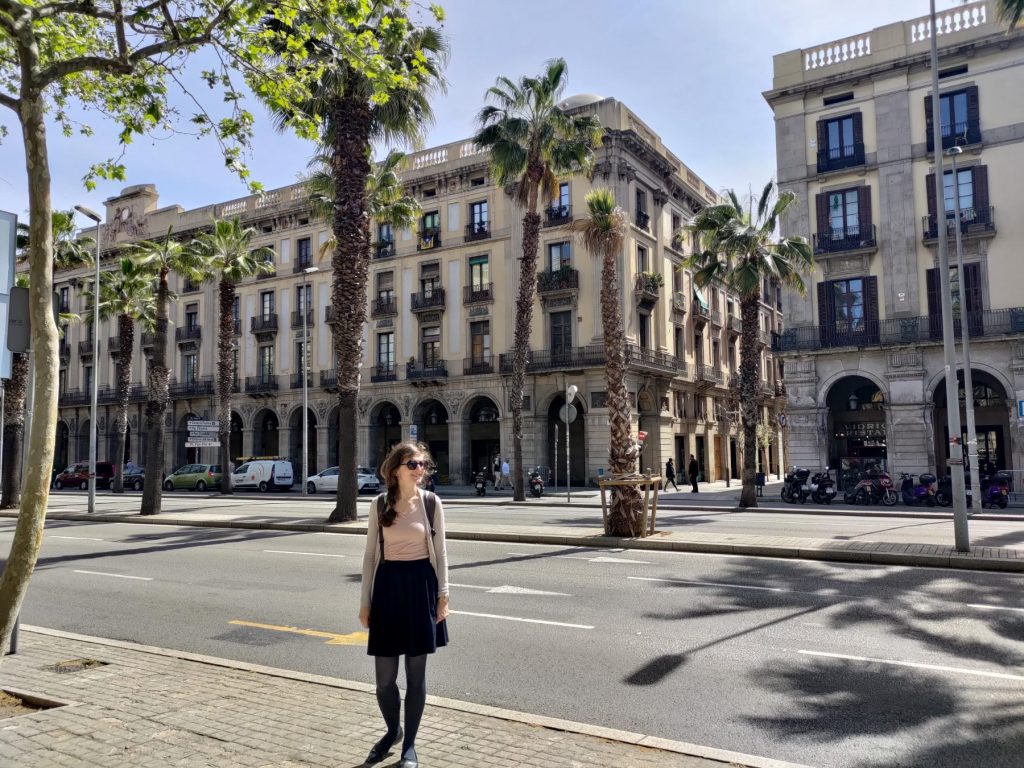 As a student and young researcher I travelled a lot – internships, workshops, conferences. Mobility is crucial for scientists, we have to discuss, learn and interact with others. Recently, due to COVID pandemics, lots of duties on-site and becoming a mum I’ve travelled less. However, at the beginning of this year I received mobility funding as one of four winners in the latest edition of the competition International Internship Programme for University of Gdańsk Young Researchers in the frame of the Excellence Initiative – Research University (IDUB). Thanks to this grant I spent three months at the Institute Germans Trias i Pujol (IGTP), which is a part of Universitat Autònoma de Barcelona (UAB).
As a student and young researcher I travelled a lot – internships, workshops, conferences. Mobility is crucial for scientists, we have to discuss, learn and interact with others. Recently, due to COVID pandemics, lots of duties on-site and becoming a mum I’ve travelled less. However, at the beginning of this year I received mobility funding as one of four winners in the latest edition of the competition International Internship Programme for University of Gdańsk Young Researchers in the frame of the Excellence Initiative – Research University (IDUB). Thanks to this grant I spent three months at the Institute Germans Trias i Pujol (IGTP), which is a part of Universitat Autònoma de Barcelona (UAB).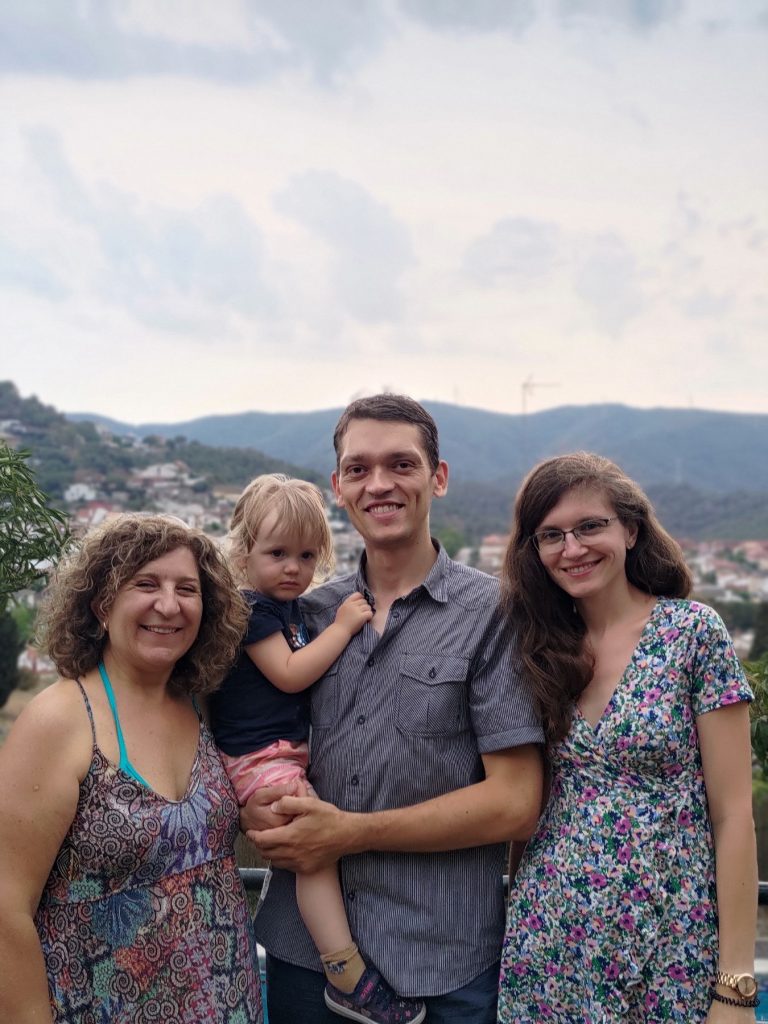 During my stay in IGTP I worked in the research group of Prof. Eva Martinez Caceres, who specializes in clinical immunology and immunotherapy. Her group developed an innovative method to treat multiple sclerosis with the use of autologous dendritic cells derived from monocytes. This therapy went through all the pre-clinical stages of testing (on cells and then model organisms) and is now in stage I/IIa clinical trial.
During my stay in IGTP I worked in the research group of Prof. Eva Martinez Caceres, who specializes in clinical immunology and immunotherapy. Her group developed an innovative method to treat multiple sclerosis with the use of autologous dendritic cells derived from monocytes. This therapy went through all the pre-clinical stages of testing (on cells and then model organisms) and is now in stage I/IIa clinical trial.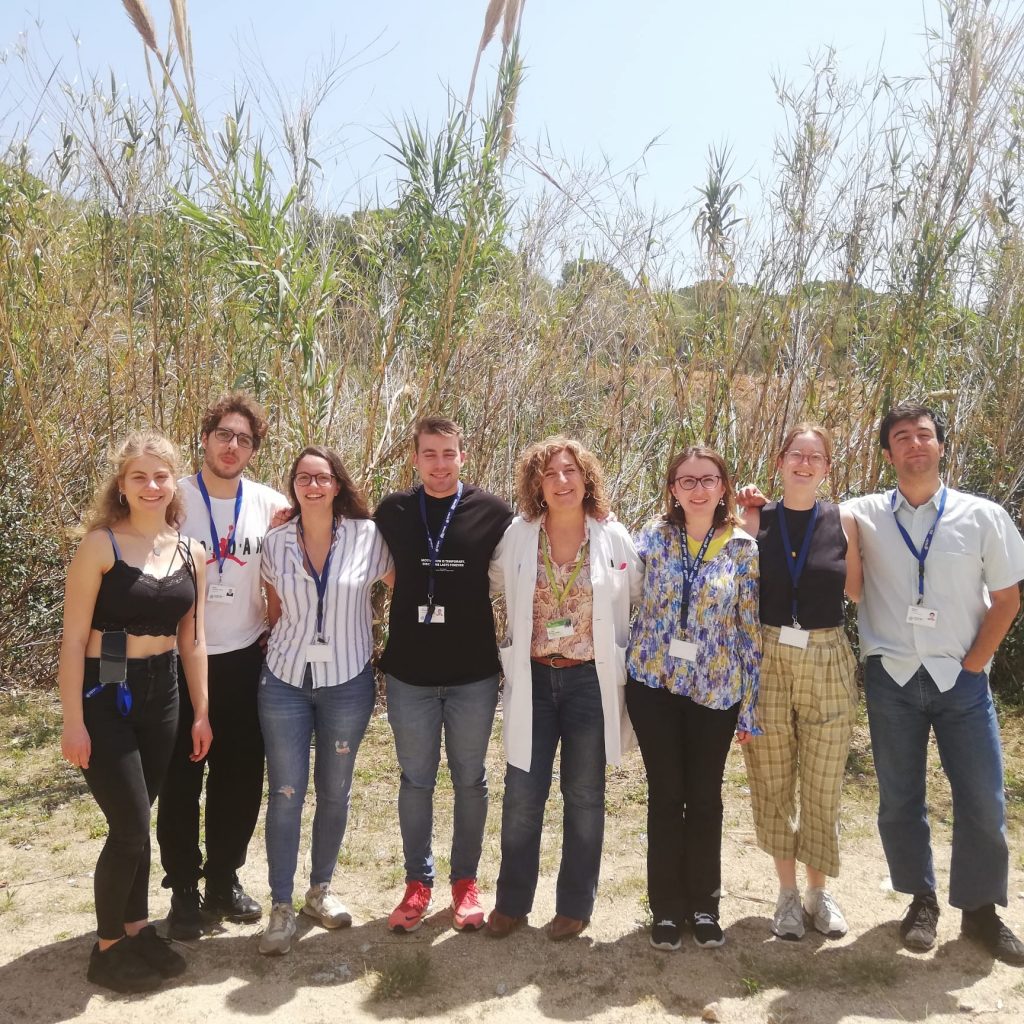
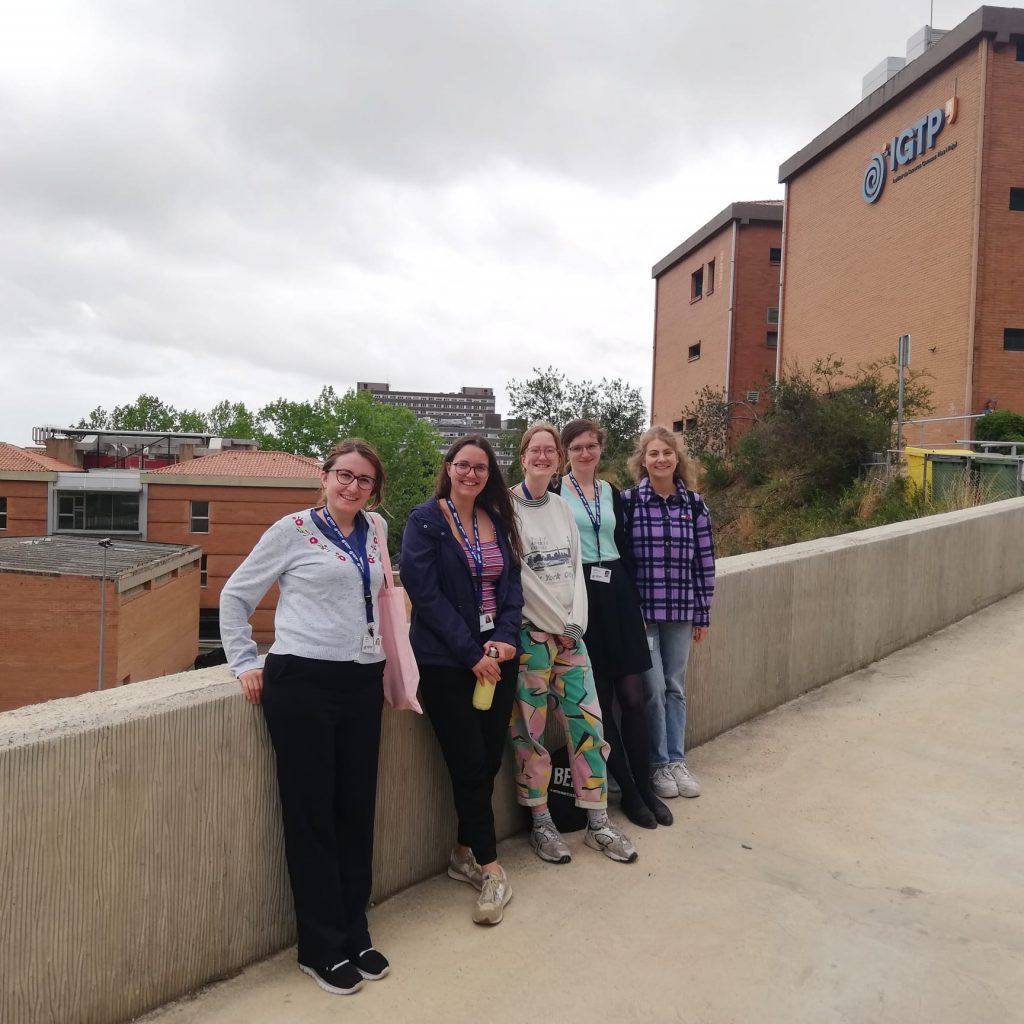
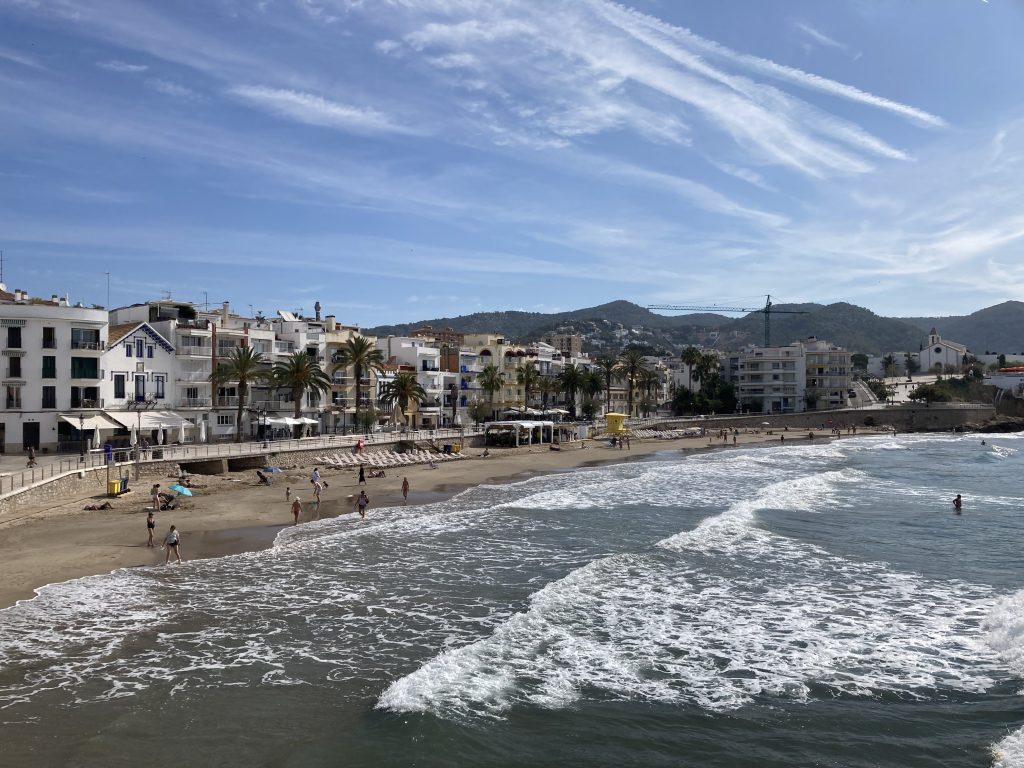
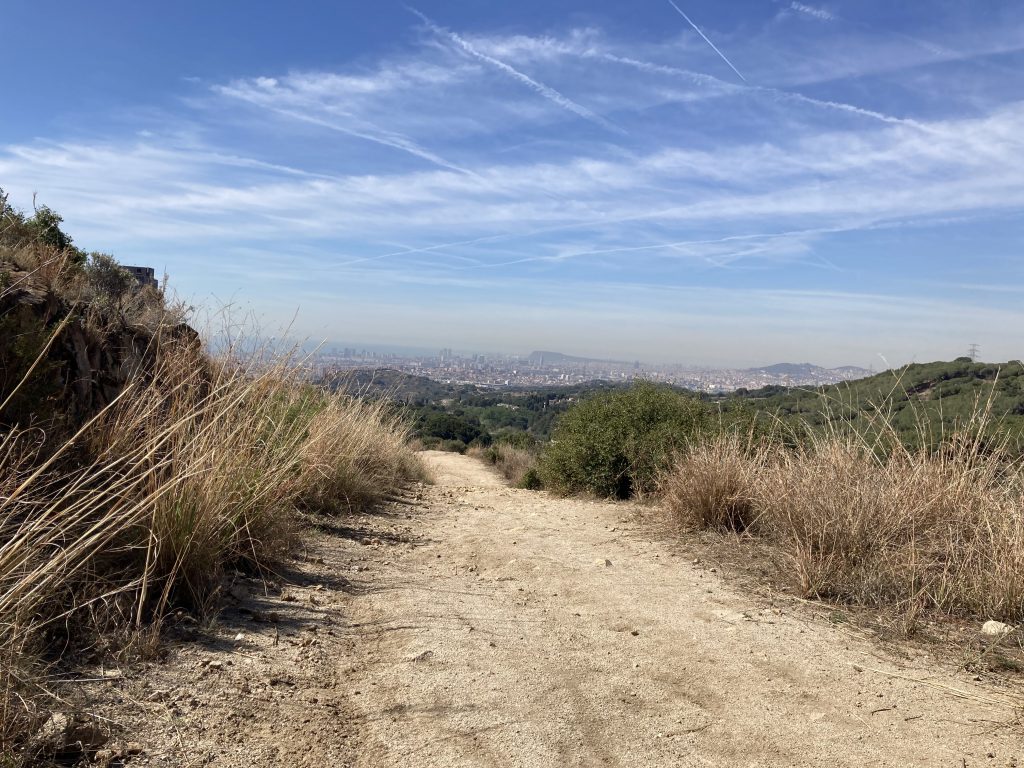
 I recently returned from a week packed with enriching learning experiences, engaging networking opportunities, and memorable adventures in the heart of Dubrovnik, Croatia. I was fortunate to participate in the 15th Mass Spectrometry in Biotechnology & Medicine (MSBM) summer school from July 2nd to July 8th, 2023.
I recently returned from a week packed with enriching learning experiences, engaging networking opportunities, and memorable adventures in the heart of Dubrovnik, Croatia. I was fortunate to participate in the 15th Mass Spectrometry in Biotechnology & Medicine (MSBM) summer school from July 2nd to July 8th, 2023.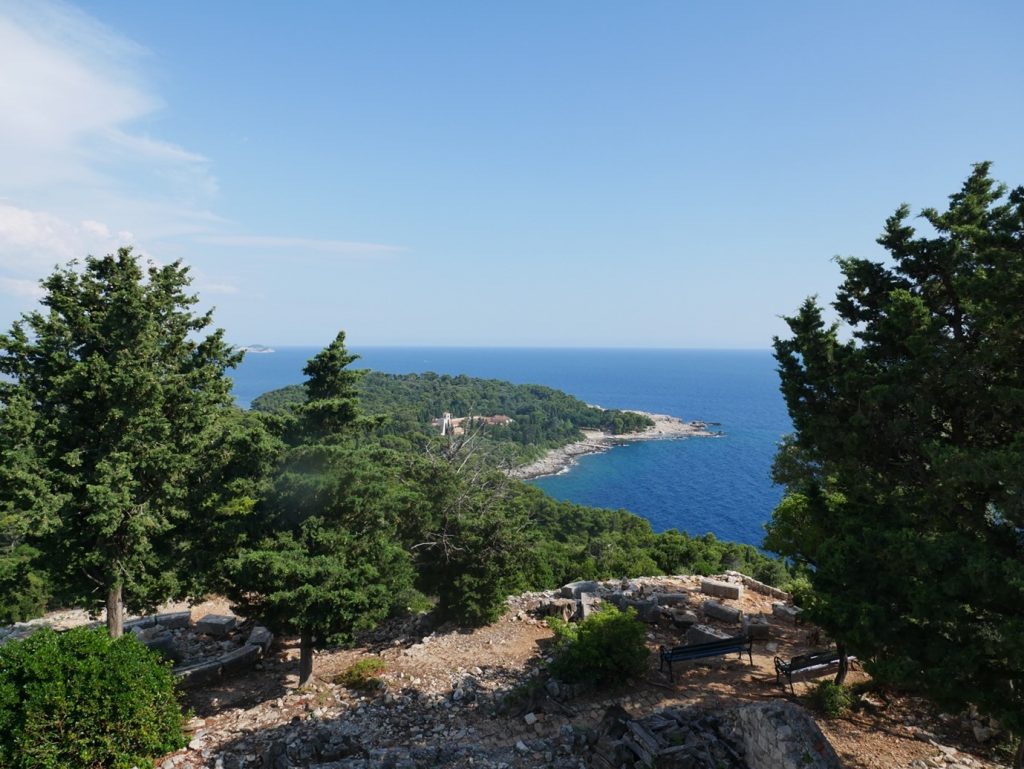

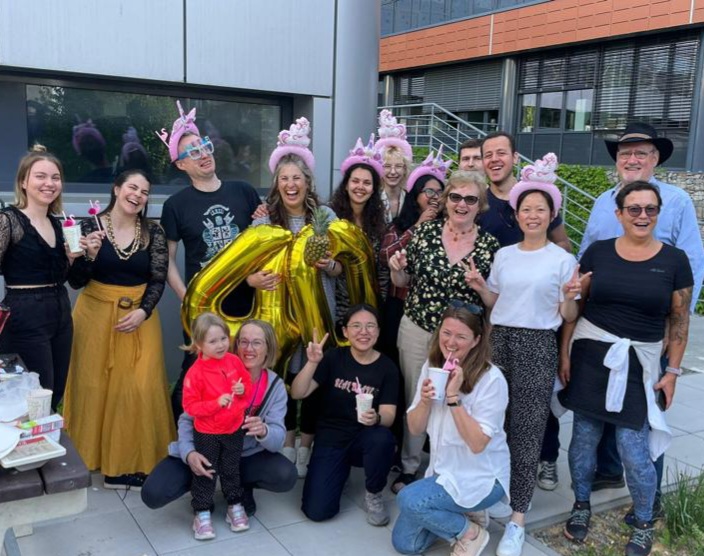 Central European Institute of Technology (CEITEC) is a renowned research institute located in the city of Brno, where I was working since mid-February until the end of June 2023. From the first day, I was actively involved in an exciting research project focused on the impact of RNA editing in lung cancer. The hands-on experience gained during conducting my experiments enriched my understanding of scientific methodologies and allowed me to feel more confident while working in the laboratory. Every day brought new challenges, sparking my creativity and enhancing my problem-solving skills.
Central European Institute of Technology (CEITEC) is a renowned research institute located in the city of Brno, where I was working since mid-February until the end of June 2023. From the first day, I was actively involved in an exciting research project focused on the impact of RNA editing in lung cancer. The hands-on experience gained during conducting my experiments enriched my understanding of scientific methodologies and allowed me to feel more confident while working in the laboratory. Every day brought new challenges, sparking my creativity and enhancing my problem-solving skills.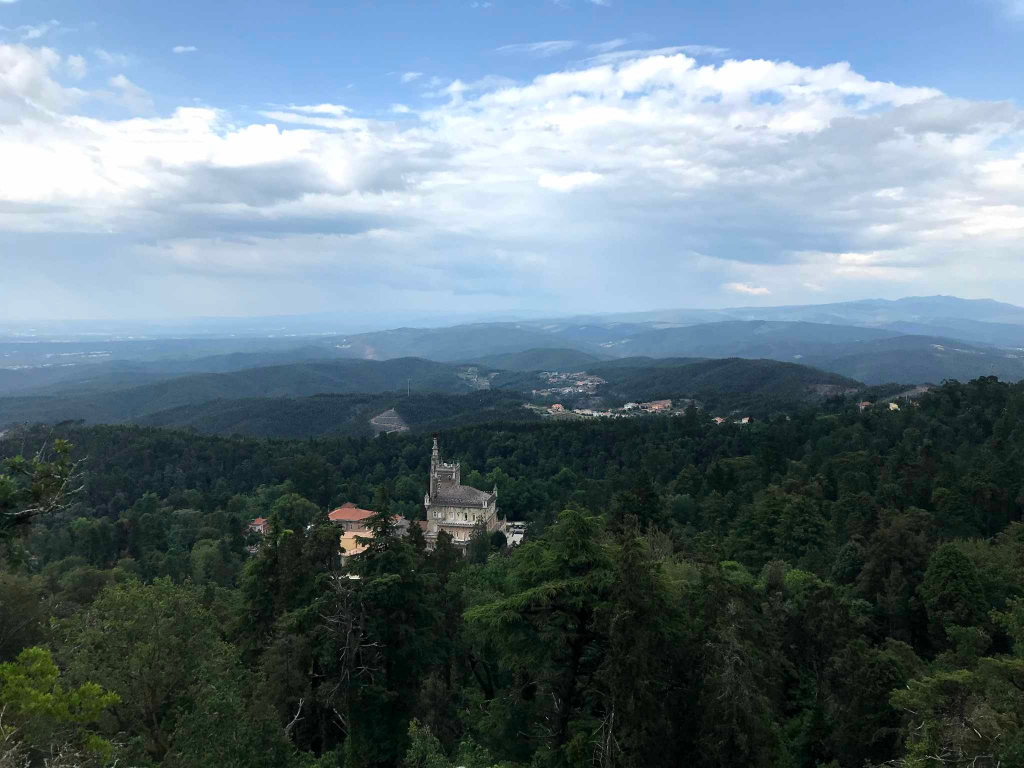 View of the Buçaco National Forest
View of the Buçaco National Forest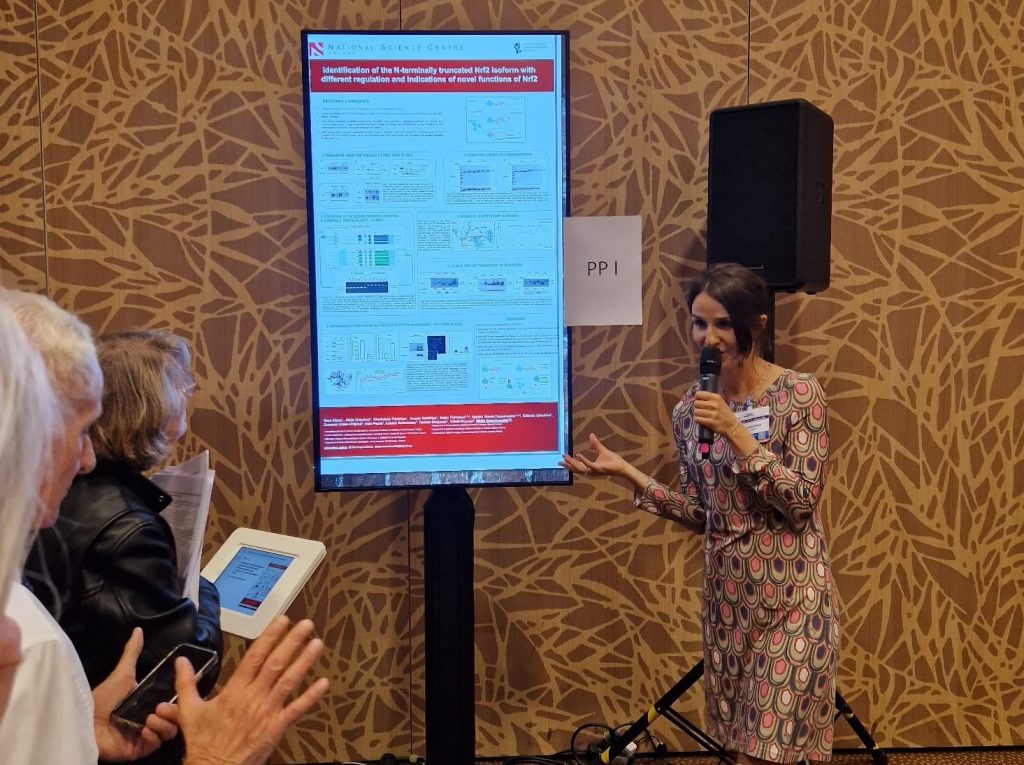 Digital poster presentation in Vienna
Digital poster presentation in Vienna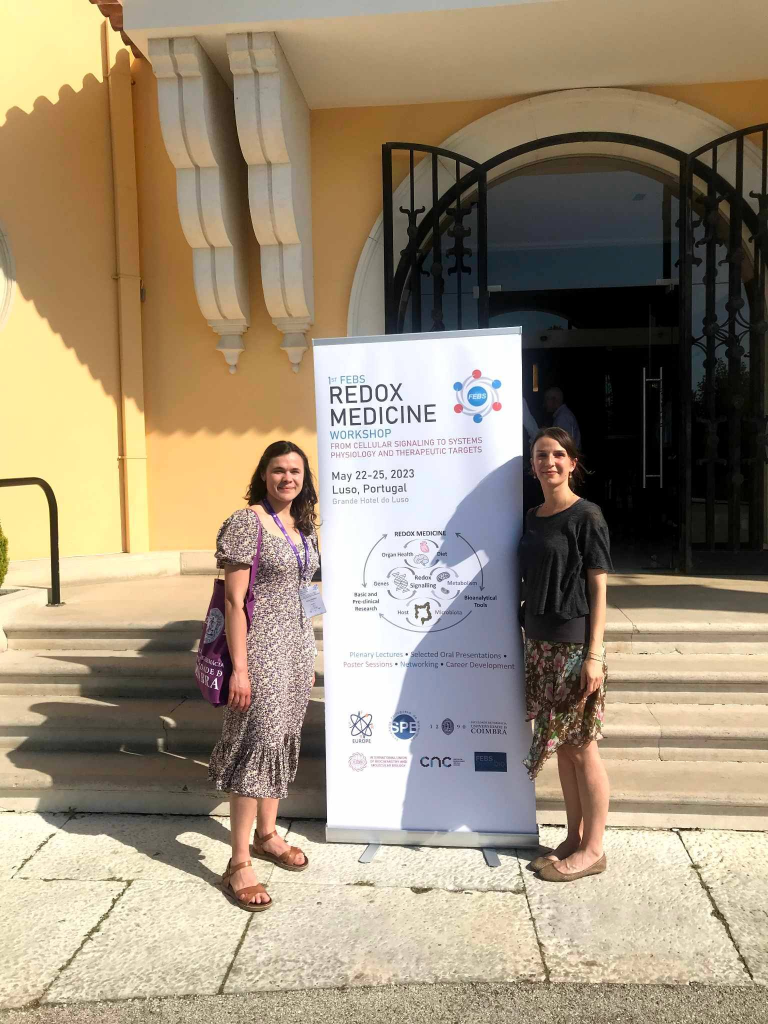 In front of the workshop Venue at Luso
In front of the workshop Venue at Luso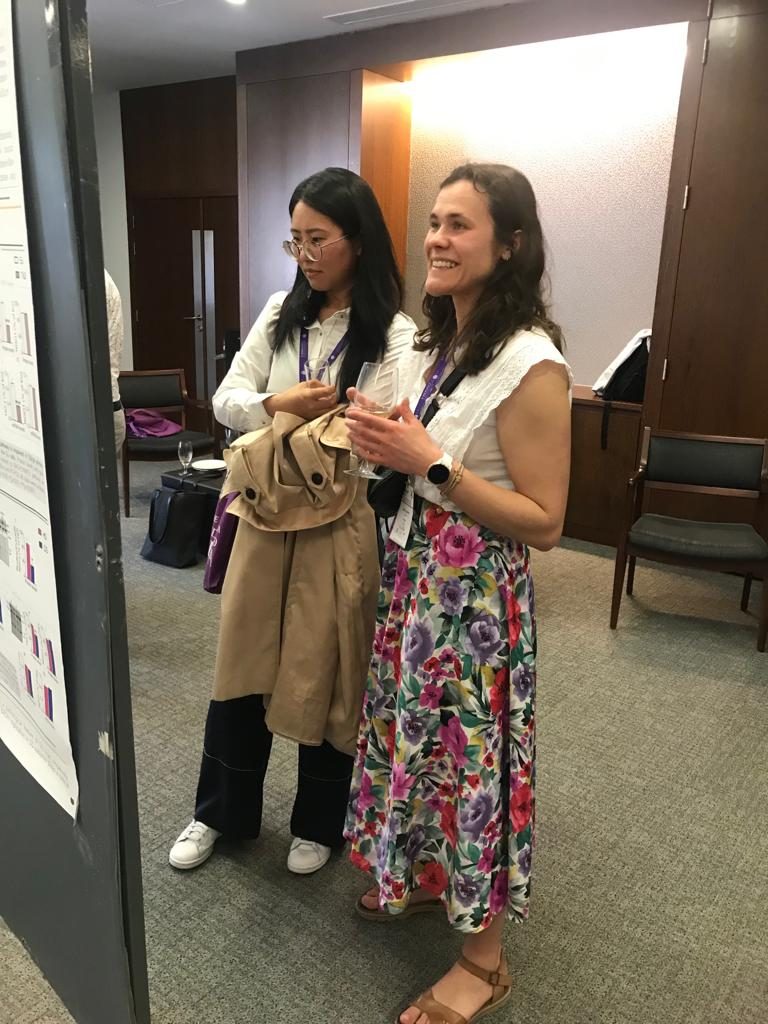 Poster session during workshop in Luso
Poster session during workshop in Luso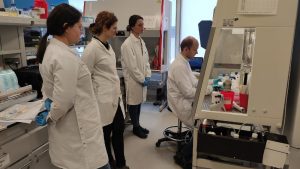
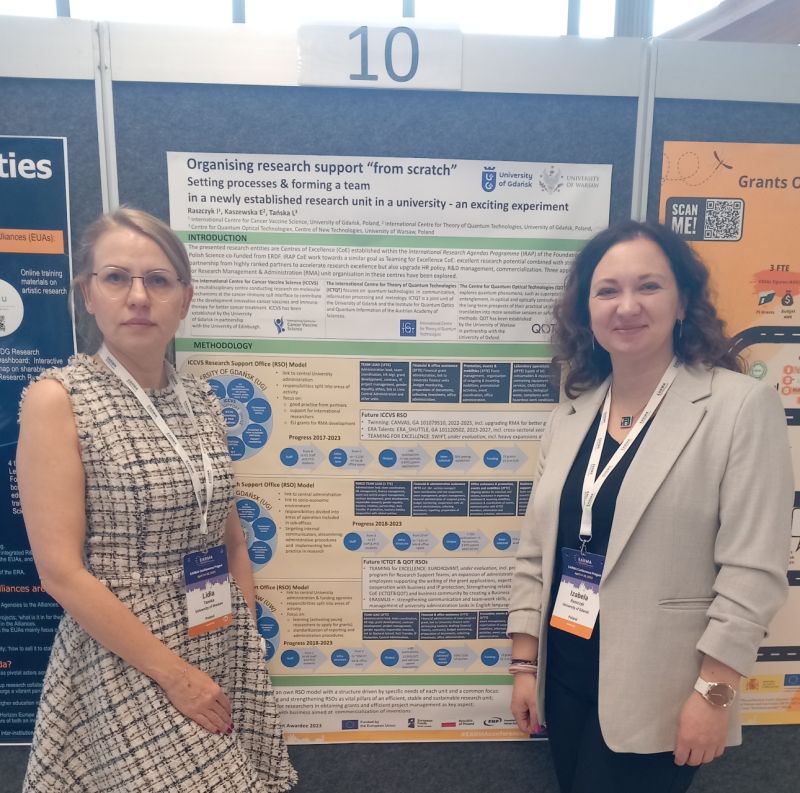 This year’s Annual Conference of the European Association of Research Managers and Administrators took place in beautiful Prague from 24-26 April. The event attracted 1.400 participants and provided a great opportunity for exchange and networking of the research managers’ and administrators’ (RMA) community.
This year’s Annual Conference of the European Association of Research Managers and Administrators took place in beautiful Prague from 24-26 April. The event attracted 1.400 participants and provided a great opportunity for exchange and networking of the research managers’ and administrators’ (RMA) community.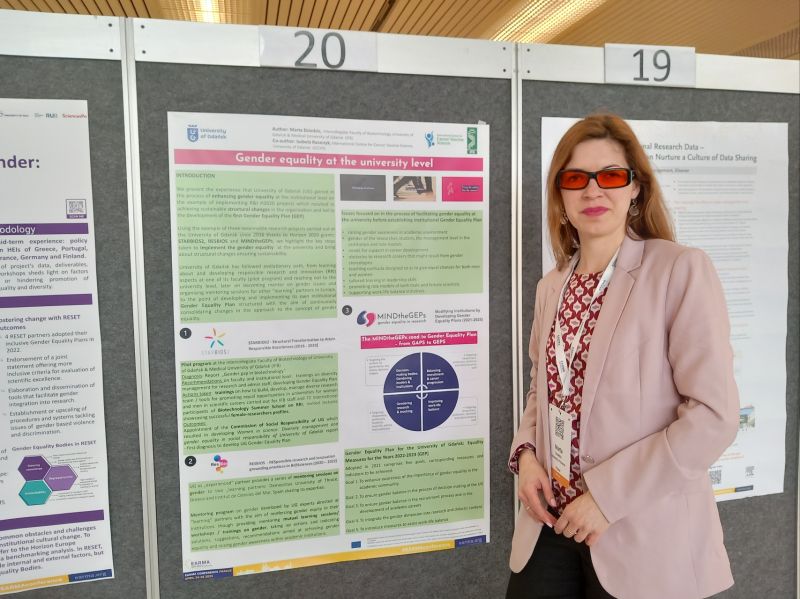
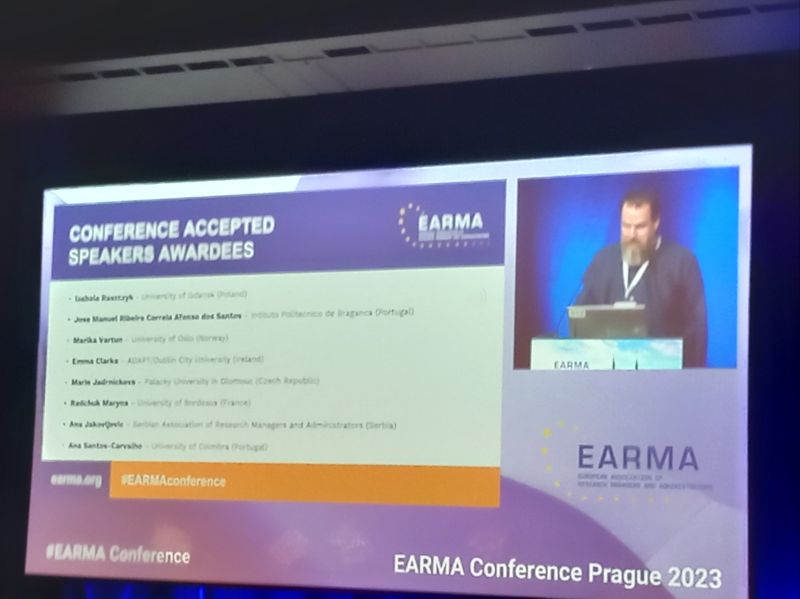
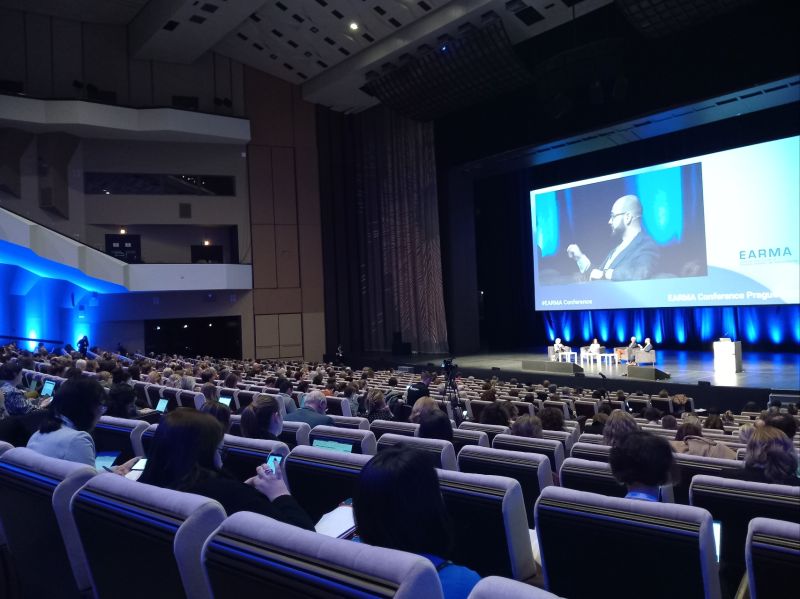
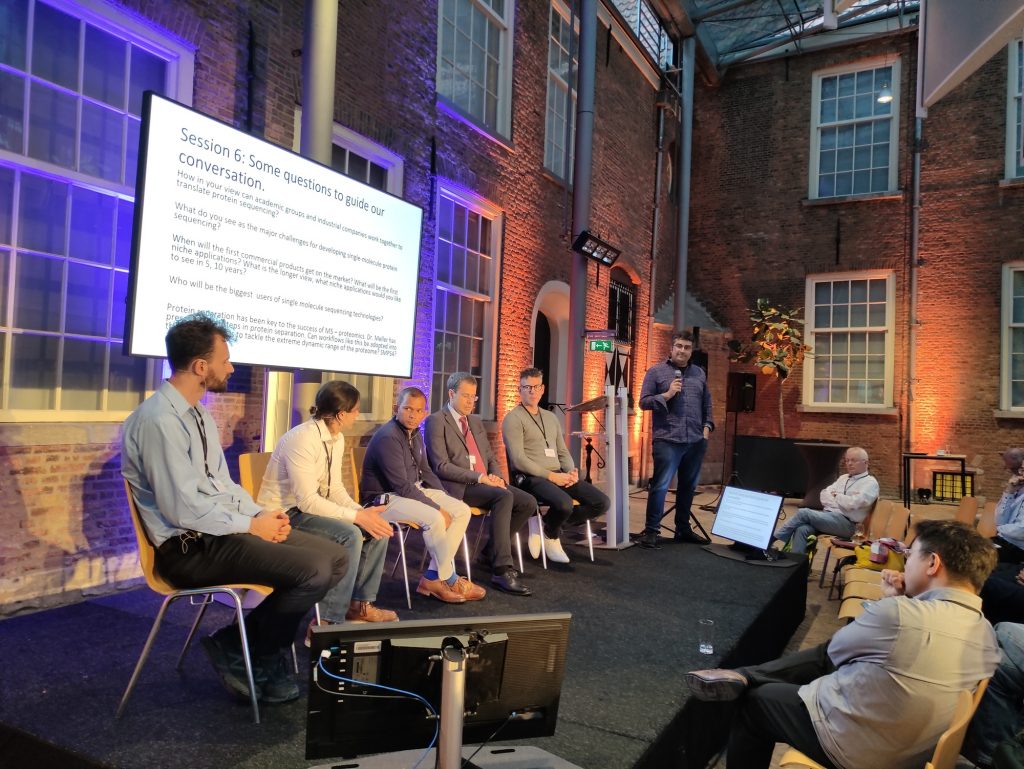 researchers who are pioneering the development of new techniques in this field. The conference aimed to stimulate further development in the field of single‐molecule protein sequencing, which has the potential to revolutionise genomics and biomedical research, as well as open up new opportunities for single-cell proteomics and real-time medical diagnostics.
researchers who are pioneering the development of new techniques in this field. The conference aimed to stimulate further development in the field of single‐molecule protein sequencing, which has the potential to revolutionise genomics and biomedical research, as well as open up new opportunities for single-cell proteomics and real-time medical diagnostics.